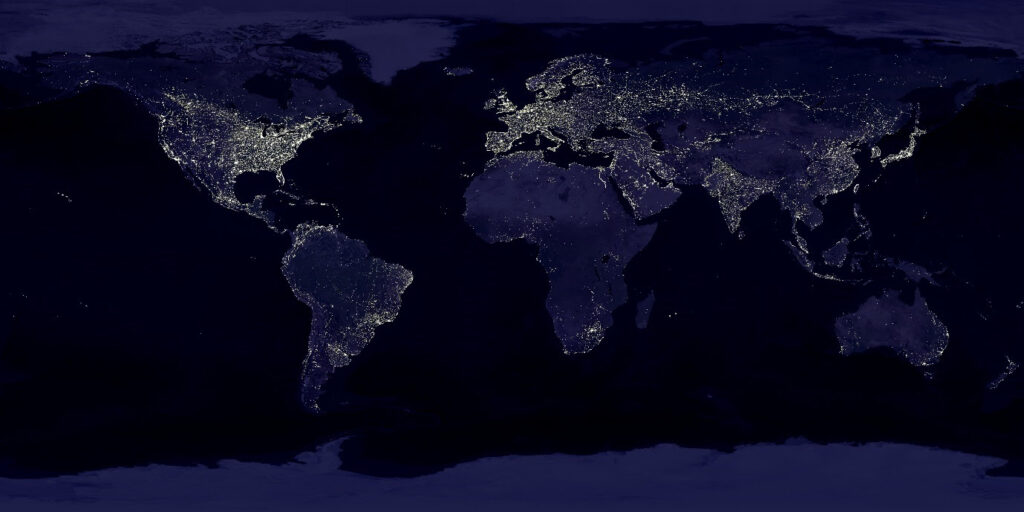If the entire world lived the way Belgians do, humanity would have consumed all the natural resources that the planet can renew in a year today, on 26 March, according to a new WWF-Belgium report in cooperation with the Global Footprint Network.
More than four planets would be needed if the whole world had the same ecological footprints as Belgium. Every year, using statistical data from 200 countries, the organisations set the date for the Earth's 'Overshoot Day' – the date when the planet's inhabitants have exhausted all the natural resources that the planet can produce in one year.
"In addition to the many measures we need to take, such as drastically reducing our greenhouse gas emissions and our toxic dependence on fossil fuels, it is also important to ensure the earth's regenerative capacity by better protecting our ecosystems and guaranteeing our food autonomy," Antoine Lebrun, Director General of WWF-Belgium, said in a press release.
For the entire world, Earth Overshoot Day will take place on 29 July.
Related News
- A car, a car, my kingdom for a car
- ‘We can’t dominate nature’: As politicians bicker, the public's attitude towards nuclear energy has shifted
- Earth Hour: Belgian cities go dark to shine a light on climate change
The ecological footprint provides a concrete tool for measuring human pressure on the planet. The report shows that the carbon footprint accounts for 65% of Belgium's total ecological footprint.
At the same time, Belgium's biocapacity – meaning the ability to produce resources and absorb the waste resulting from their consumption – is extremely limited. This means that it takes 5.5 times the biological productivity (=biocapacity) of Belgium to absorb the CO2 from burning fossil fuels.
If the footprint is dissected by consumption activity, the food-related footprint extends far abroad, through imports: Belgium consumes the equivalent of 1.7 times Belgium for food.
'No point in dawdling'
"The National Ecological Footprint and Biocapacity accounts draw on more than 40 million data points from UN data sources to provide a robust and conservative estimate of our ecological deficit," said Mathis Wackernagel, President of the Global Footprint Network.
"They show that we are significantly overburdening our most valuable and least replaceable capital, namely our ecosystems," he said. "Each year, Overshoot Day makes the risk to humanity and each country clearer. Since our own insecurity about access to resources will hit us first, there is really no point in dawdling."
This year, Belgium's Ecological Overshoot Day also coincides with Earth Hour, a symbolic action where millions of people around the world turn off the lights for an hour to show their commitment to nature.
The full report can be found here.

